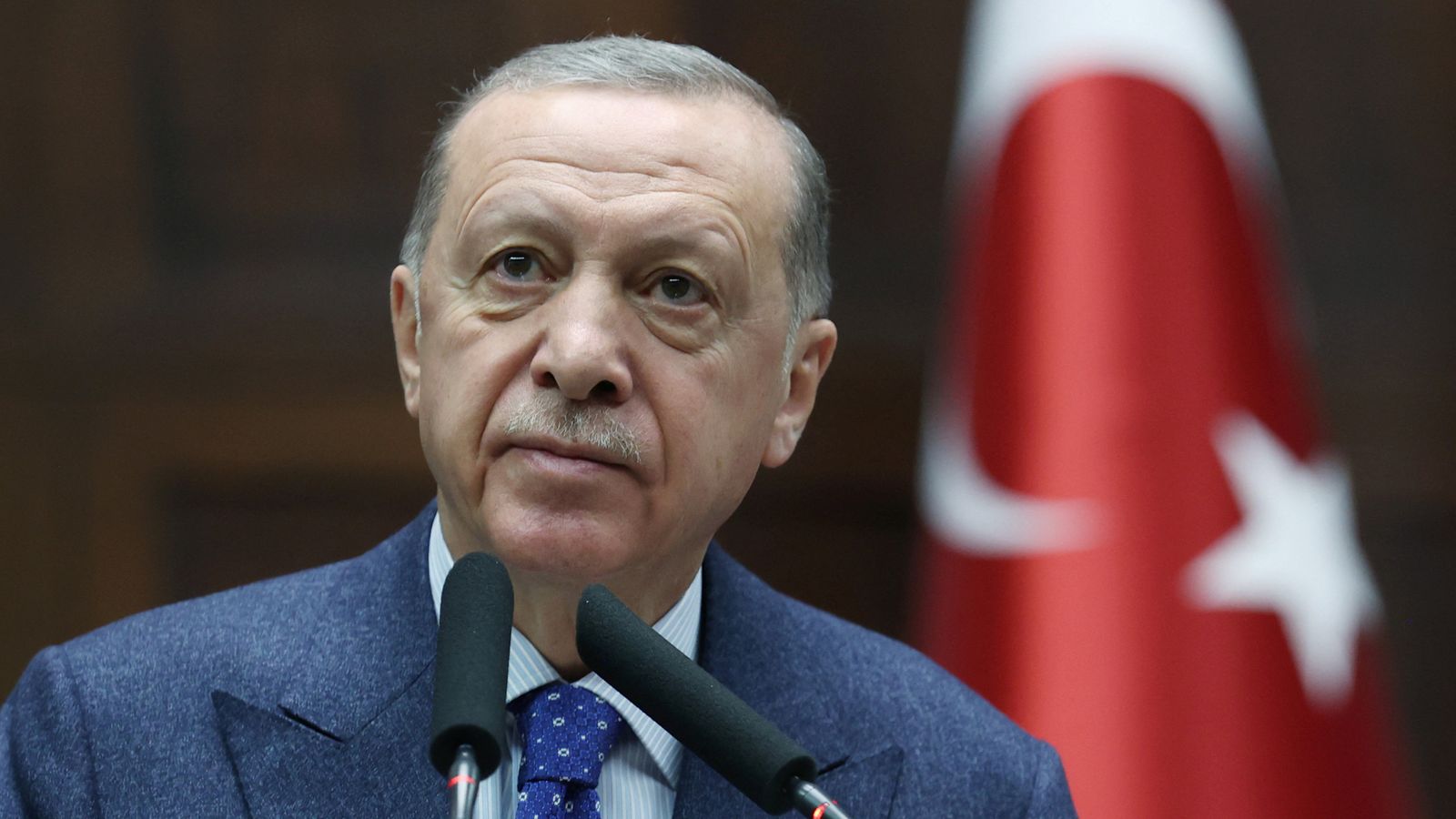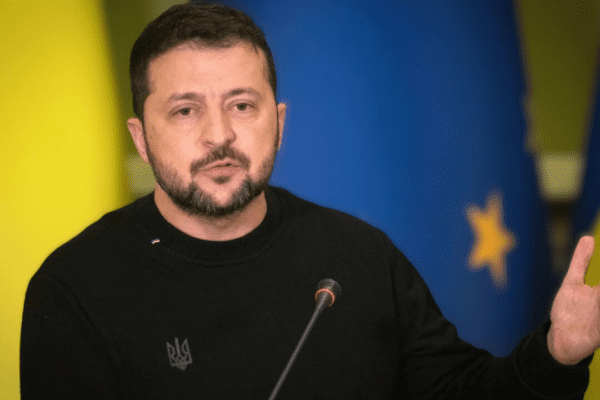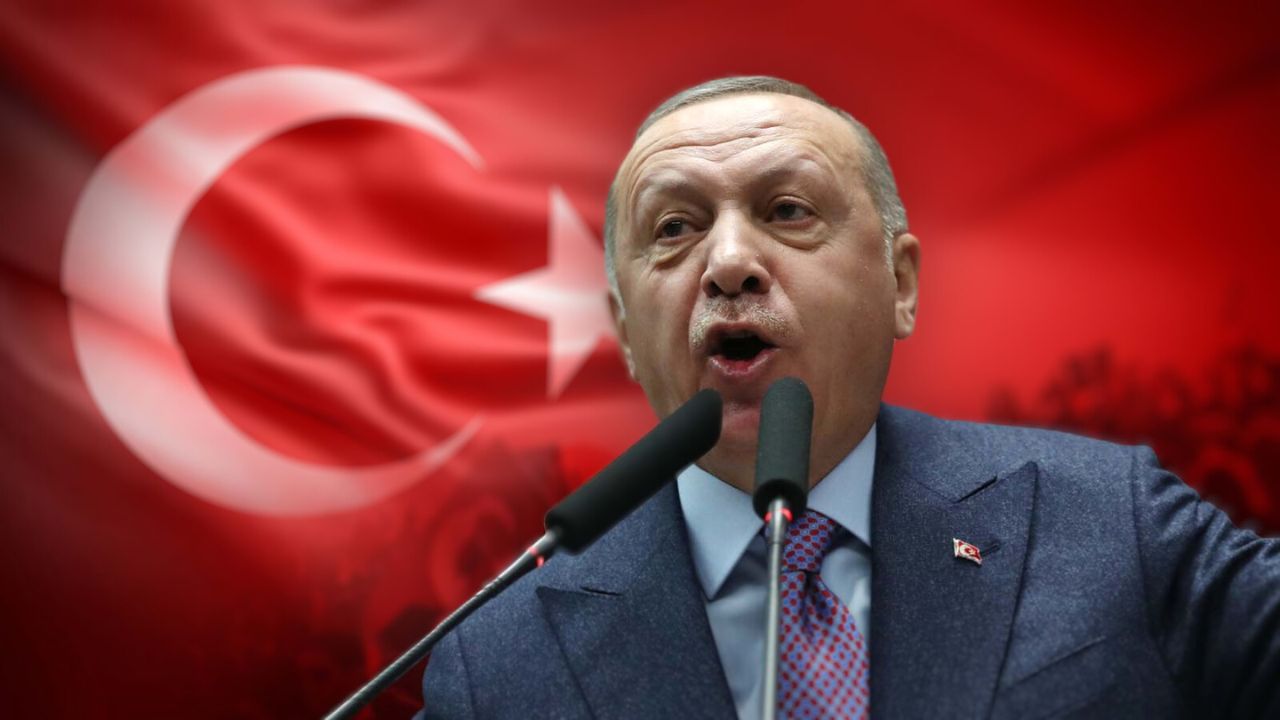Election in Turkey: If Recep Tayyip Erdogan is re-elected, it is expected that authoritarianism will tighten its hold, the independence of the judiciary will be questioned more, and Turkey will maintain its isolation from the West.
After two decades of exerting increasingly more control over his country, Turkey’s leader now faces an extraordinary challenge: the potential of losing power.
Recep Tayyip Erdogan has been president since 2014, representing the AK Party (AKP), which he formed in 2001.
He was Turkey’s prime minister before becoming president, a position that was eliminated six years ago with his convincing endorsement.
Since then, his hold on Turkey has grown progressively tighter.
This has resulted in less media freedoms, a turbulent relationship with most European nations, not least because of Erdogan’s long-standing links with Vladimir Putin, and limitations on political opponents (many of whom are now imprisoned).
Above all, Erdogan’s administration has recently resulted in economic turmoil. In Turkey, inflation is presently officially over 40%, but it is likely closer to 100% in reality. Nobody actually knows, such is the difficulty in estimating the world’s 11th largest economy.


He has appointed his son-in-law as finance minister, fired a succession of central bank governors, who were already marginalized, and then concluded that the best way to combat rising inflation is to lower interest rates – the exact opposite of every other major financial institution in the world.
That is why inflation is so high, and why Erdogan has increased both the state pension and the minimum salary so drastically.
With the election nearing, he decided earlier this week to boost the pay of hundreds of thousands of public workers by 45% – excellent news for them, but hardly the ideal method to manage excessive inflation.
None of this means as much to some Turks as Erdogan’s reputation for harshness.
His followers, particularly in the provinces and rural regions, consider him as the guy who resurrected Turkey’s self-esteem and elevated the country to the status of diplomatic heavyweight.
His response to the country’s tragic earthquake was both lauded and criticized.
His defenders argue that he provided leadership in the face of a natural calamity that would have overwhelmed others; his opponents refer to the several buildings that fell owing to low building rules, as well as the individuals who were left to perish without assistance.
Europe correspondent @adamparsons
Sky News has a comprehensive overview on Turkey’s impending election.









